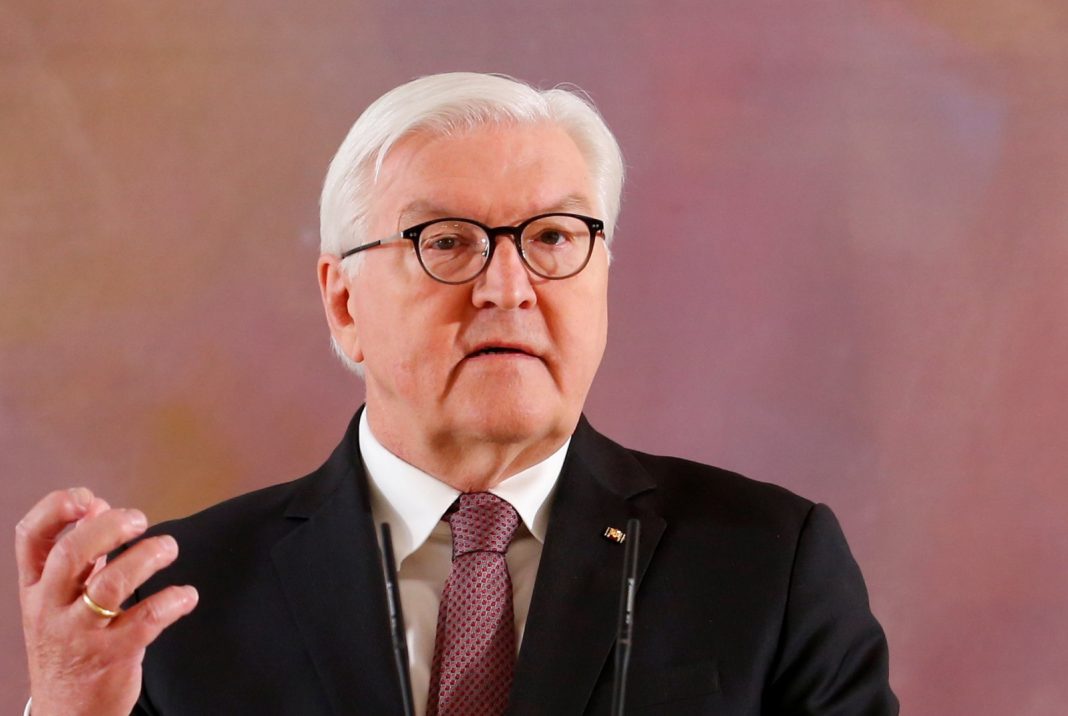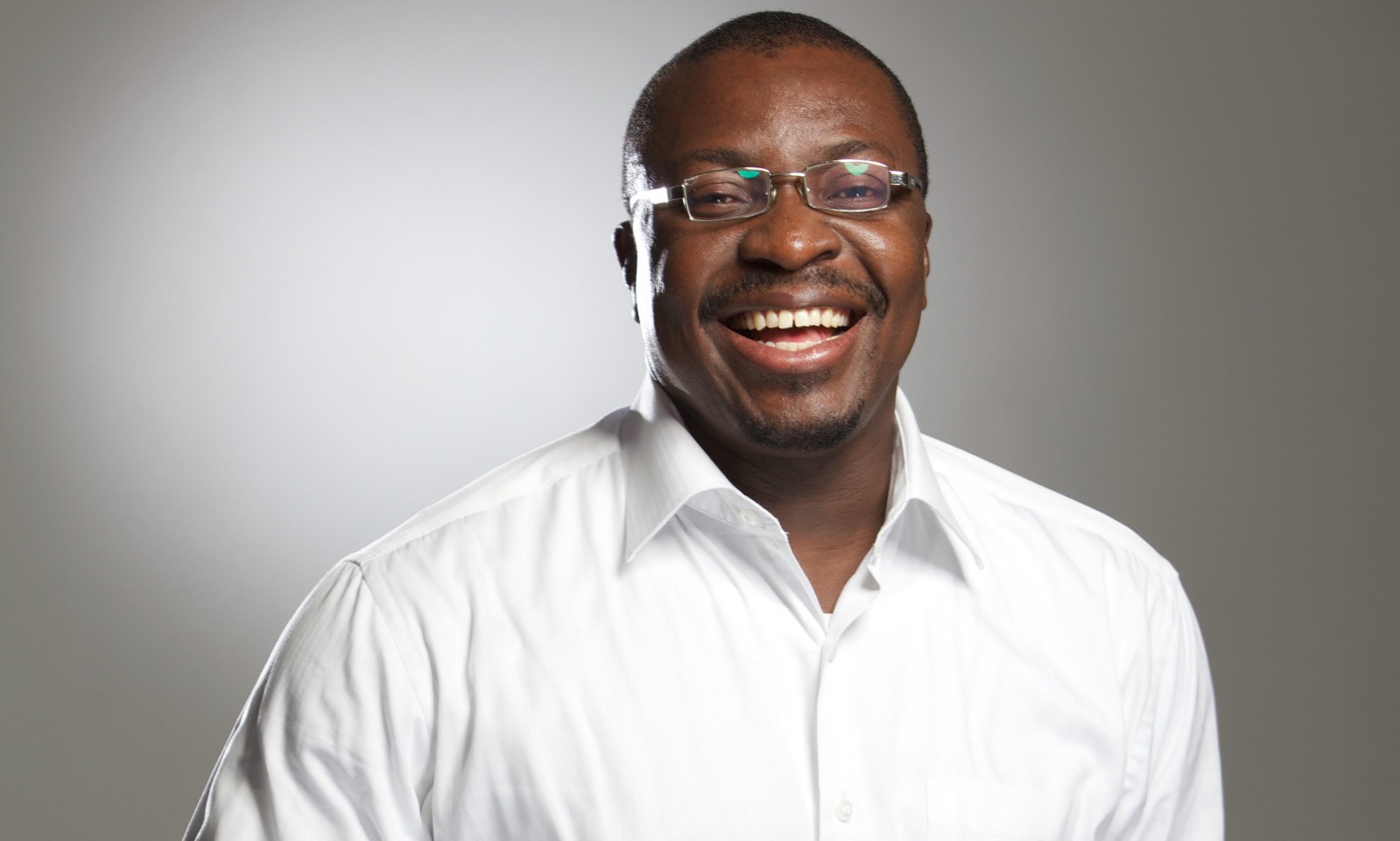FRANKFURT, Germany — German President Frank-Walter Steinmeier on Friday dissolved parliament and announced new elections for February 23, following the collapse of Chancellor Olaf Scholz’s three-party coalition government.
The decision on Friday, December 27, 2024, aims to restore stability to Europe’s largest economy amidst political gridlock and pressing national challenges.
The move comes after Scholz lost a December 16 confidence vote, leaving him at the helm of a minority government.
The coalition of Scholz’s Social Democrats (SPD), the Greens, and the Free Democrats (FDP) fell apart on November 6 when Scholz fired his finance minister over disputes about how to rejuvenate Germany’s stagnant economy.
In his announcement, Steinmeier underscored the necessity of a strong and functional government.
“It is precisely in difficult times like these that stability requires a government capable of taking action and a reliable majority in parliament,” Steinmeier said from Berlin.
“For the good of our country, new elections are the right way.”
Germany’s constitution, established after World War II, does not permit the Bundestag to dissolve itself.
Steinmeier’s decision follows consultations with party leaders that revealed no path to forming a stable majority within the current parliament.
New Elections and Political Landscape
The election, initially scheduled for late September, is now set for February 23, following agreement among major political parties.
It marks only the fourth early dissolution of the Bundestag since 1949.
Recent polls show Scholz’s SPD trailing behind the conservative Union bloc led by Friedrich Merz.
Vice Chancellor Robert Habeck, representing the Greens, is also vying for the chancellorship, though his party’s support lags further behind.
The far-right Alternative for Germany (AfD), polling strongly, has nominated Alice Weidel as its candidate for chancellor.
However, other parties have categorically refused to form coalitions with the AfD, leaving it without a path to power.
Germany’s proportional representation system almost guarantees a coalition government, with post-election negotiations expected to last weeks, if not months.
Key Issues
The campaign will focus on critical issues, including:
- Immigration: A polarising topic as Germany grapples with an influx of migrants.
- Economic revitalisation: Proposals to address sluggish growth and industrial challenges.
- Support for Ukraine: Debates on the extent and nature of aid to Kyiv amidst its war with Russia.
Concerns Over Election Interference
Steinmeier also warned of the risks of foreign interference, referencing alleged Russian meddling in Romania’s recent presidential election.
“This is a danger to democracy, whether it is covert, as was evidently the case recently in the Romanian elections, or open and blatant, as is currently being practiced particularly intensively on platform X,” he said.
Historical Context
The dissolution of the Bundestag under Steinmeier is a rare occurrence, with only three previous instances:
- In 1972, under Chancellor Willy Brandt.
- In 1982, under Chancellor Helmut Kohl.
- In 2005, when Chancellor Gerhard Schroeder engineered an early election that brought Angela Merkel to power.
The upcoming election is expected to shape Germany’s domestic and foreign policies at a time of considerable economic and geopolitical challenges.
All eyes now turn to February 23, as the country prepares for a critical vote.







